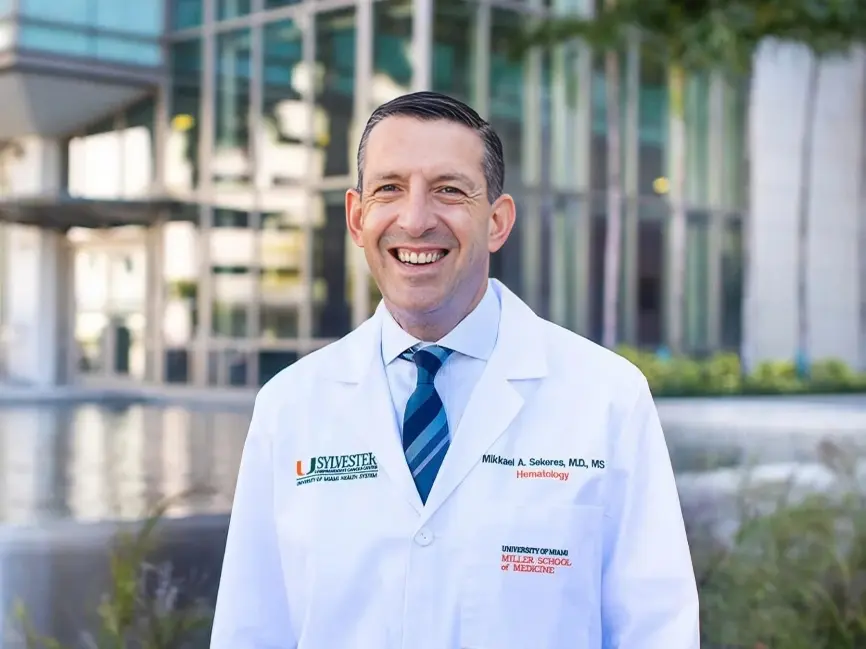In this episode of the Oncology Brothers podcast, Drs. Rahul and Rohit Gosain had the privilege of speaking with Dr. Mikkael Sekeres, a leading expert in acute myeloid leukemia (AML) and Chief of the Division of Hematology at the University of Miami. They delved into the complexities of AML, particularly from a community oncology perspective, where these cases are often referred to tertiary centers for specialized care.
Dr. Sekeres provided valuable insights into the diagnostic workup and risk stratification for AML, emphasizing the importance of molecular testing at diagnosis. Discussed the evolving definitions of patient fitness for intensive chemotherapy and the significance of genetic profiles in determining treatment options. He highlighted the classic "7 + 3" induction therapy and the role of newer agents like CPX-351 and ggemtuzumab ozogamicin in specific patient populations.
We also explored the treatment landscape for older or frail patients who are ineligible for intensive chemotherapy, focusing on the combination of hypomethylating agents with venetoclax, which has become a new standard of care. Dr. Sekeres addressed the challenges of managing side effects, particularly in outpatient settings, and the importance of prophylactic measures to prevent complications.
As we wrapped up, we touched on the management of refractory and relapsed disease, discussing the potential of targeted therapies for patients with FLT3 and IDH mutations. Dr. Sekeres emphasized the need for a tailored approach based on individual patient characteristics and treatment history.
Overall, this episode provided a comprehensive overview of the current AML treatment landscape, highlighting both the advancements in targeted therapies and the ongoing challenges in managing this complex disease.
